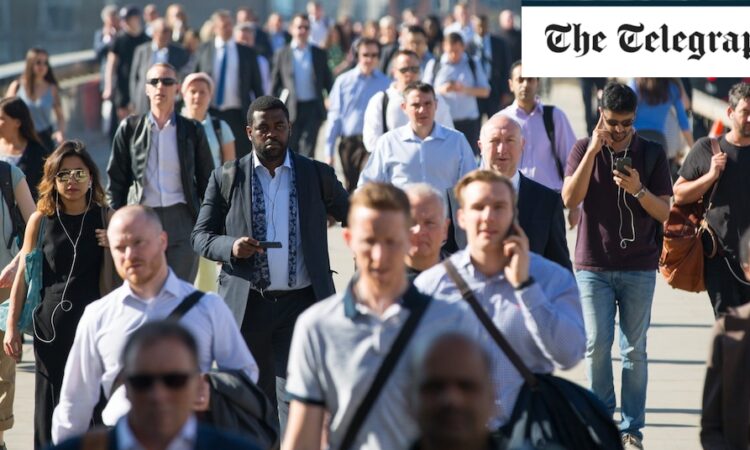
The national living wage should be paid to all over-18s instead of starting at 21, the independent body behind the policy has said, in a move that would cost businesses tens of millions of pounds.
According to the Low Pay Commission (LPC), at almost £3 an hour, the gap between the amount paid to 18-20-year-olds and older adults has widened to an unfair level.
The LPC, an influential group responsible for recommending the level at which the minimum wage is set, is now calling for the distinction to be scrapped – handing a significant pay rise to hundreds of thousands of workers.
However, the proposal triggered an immediate backlash from business groups who warned it would be unaffordable.
Kate Nicholls, the head of trade body UKHospitality, said: “Now is not the time to be loading businesses with extra costs.
“The Government is right to have given a ‘steady as she goes’ remit to the Low Pay Commission for this year. This year’s change was really significant, much bigger than lots of people were anticipating, because of the increase in average earnings and median earnings.”
Michael Kill, chief executive of Night Time Industries Association, said: “The harsh truth is that businesses are grappling to stay afloat, underscoring the necessity for a balanced economic framework that enables both employment and sustainable wages.
“It’s imperative that policy adjustments are made with utmost caution, lest they tip an already precarious sector over the edge.”
James Lowman, chief executive of the Association of Convenience Stores, said: “We want to see more done to promote the sort of good work we offer in our industry, but we must ensure that further regulation as suggested by the LPC does not inadvertently damage genuinely flexible employment opportunities with responsible employers.”
Jeremy Hunt has increased the national living wage by £1 an hour to £11.44 from April, the biggest cash rise since it was introduced in 1998. The increase has already led to consternation from businesses over fears it is forcing them to put up prices and adding to inflation.






